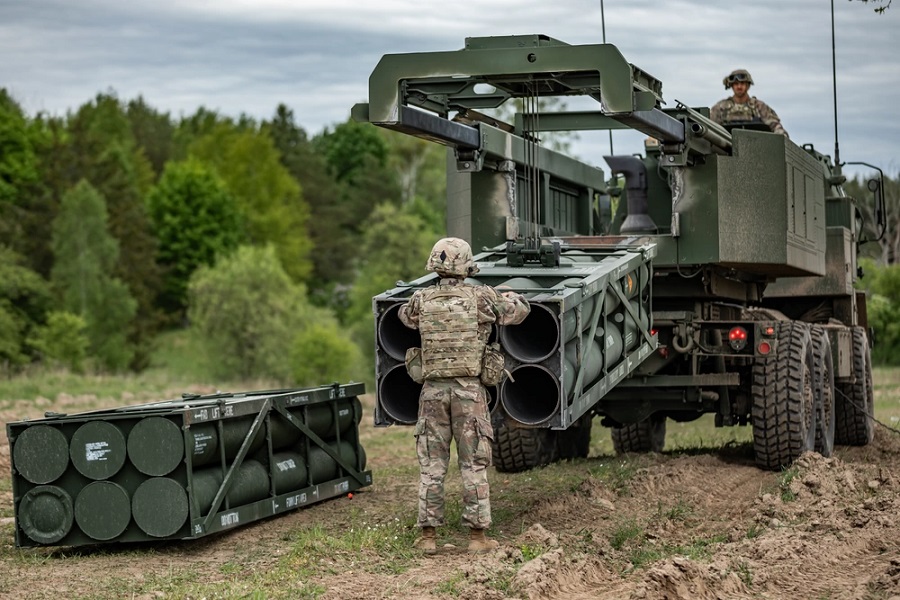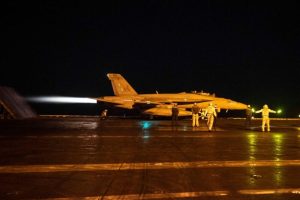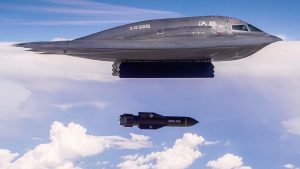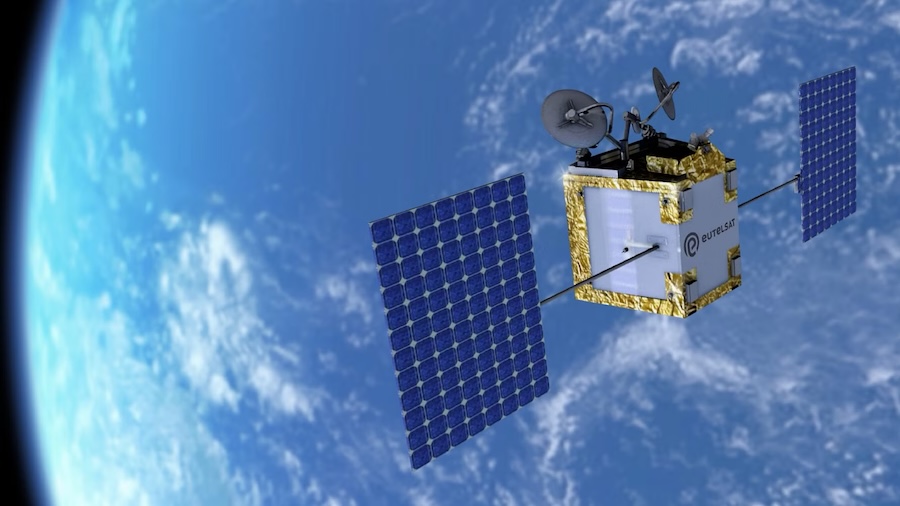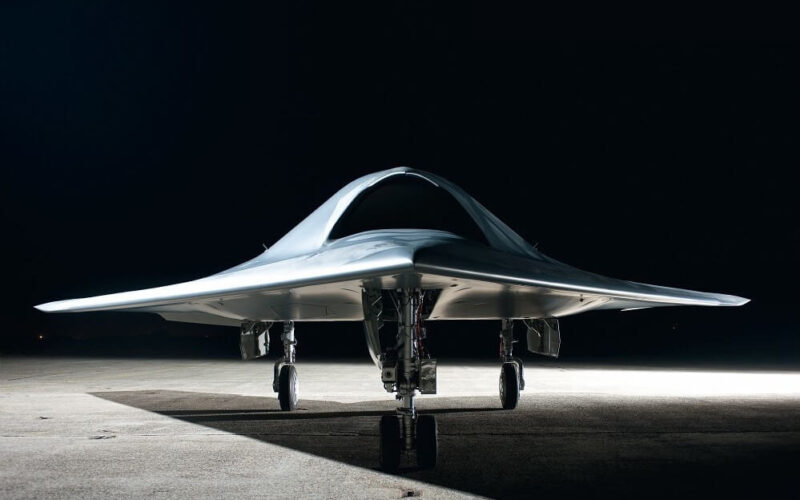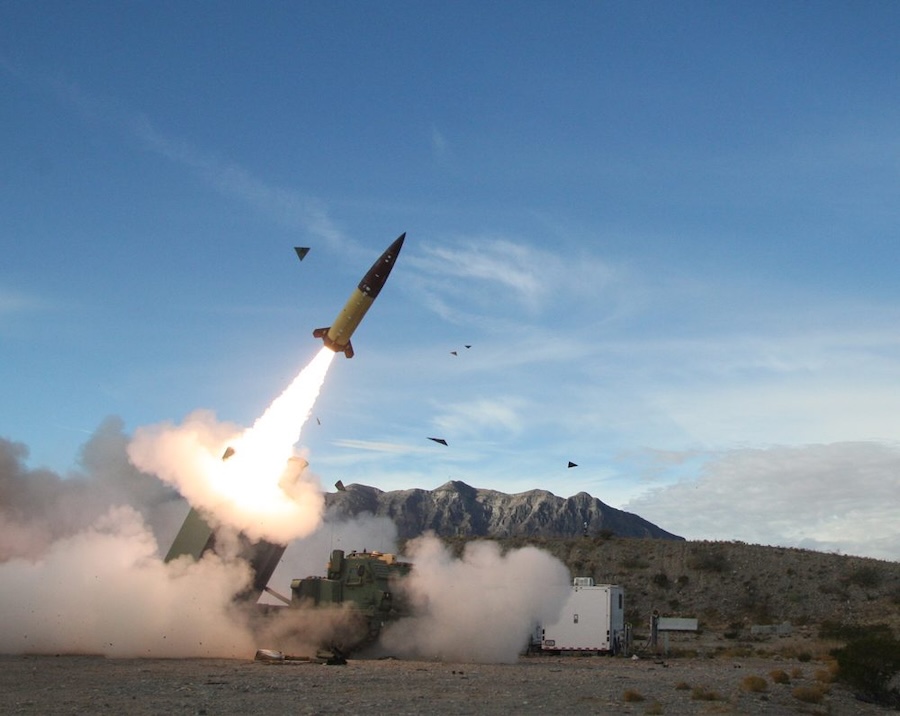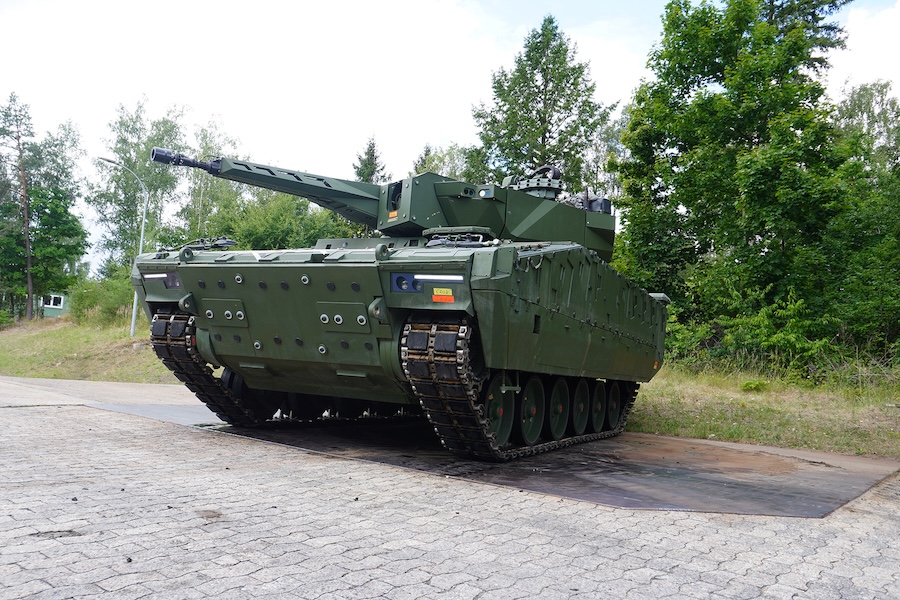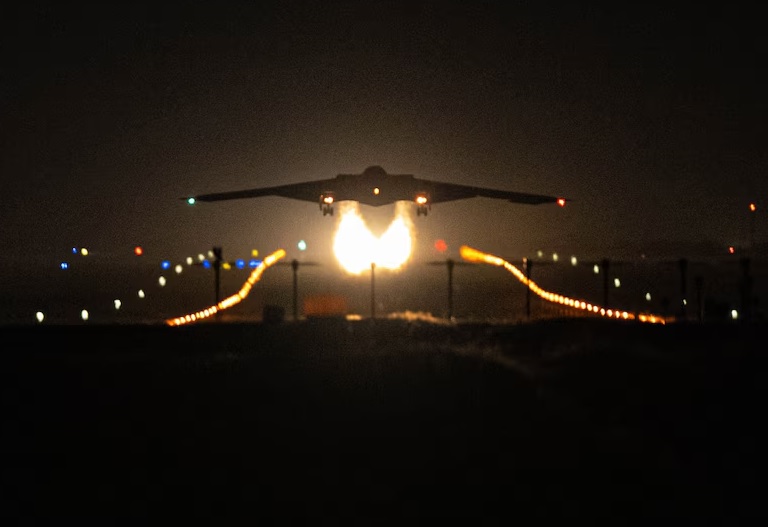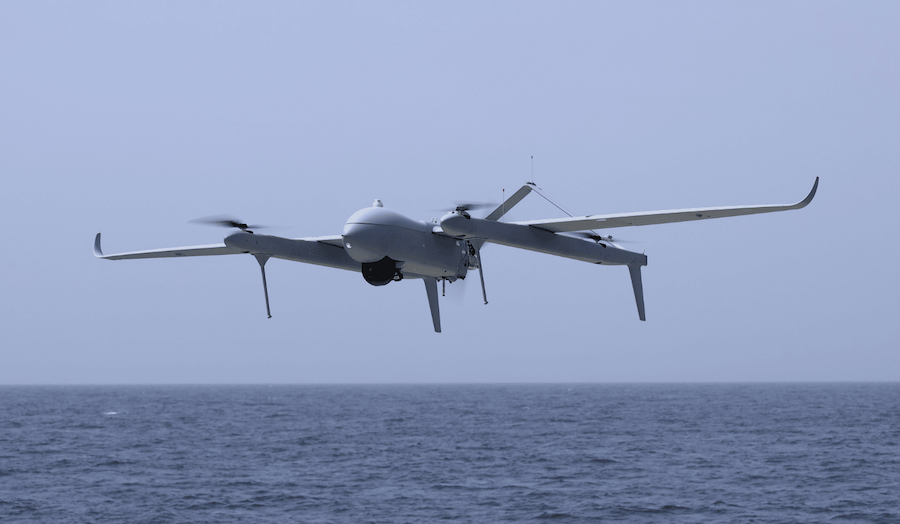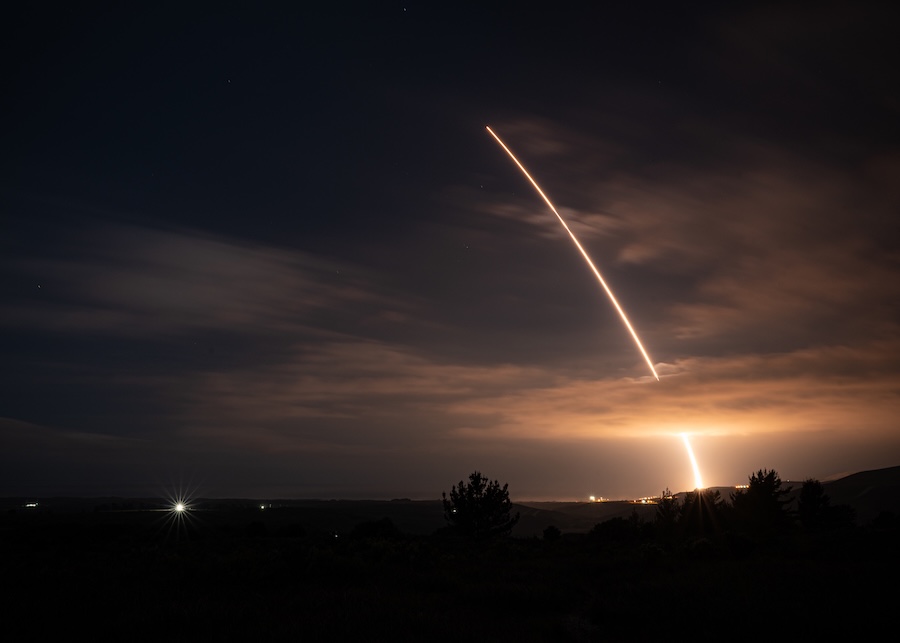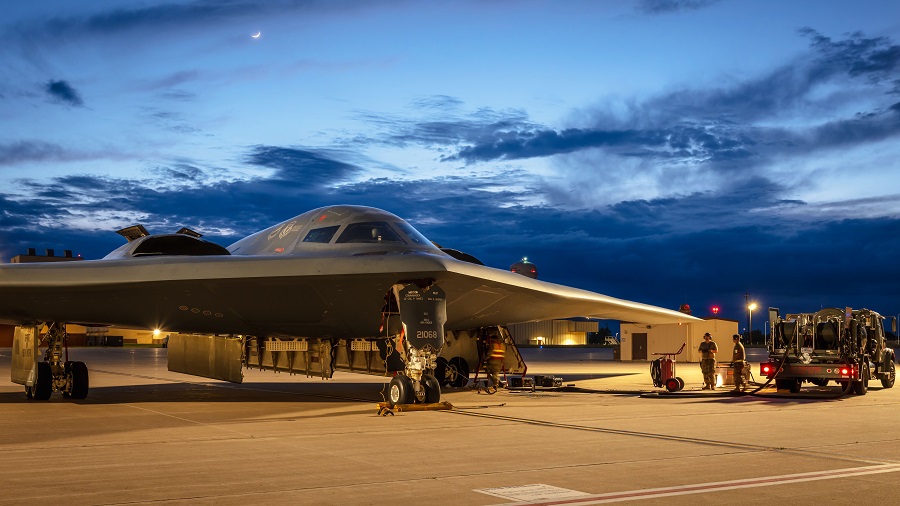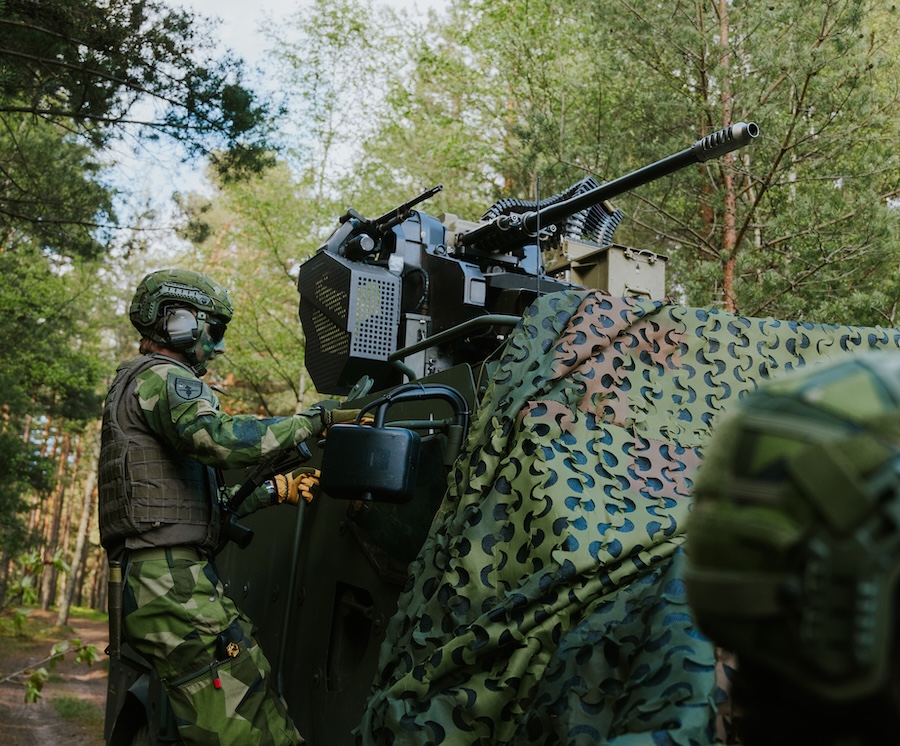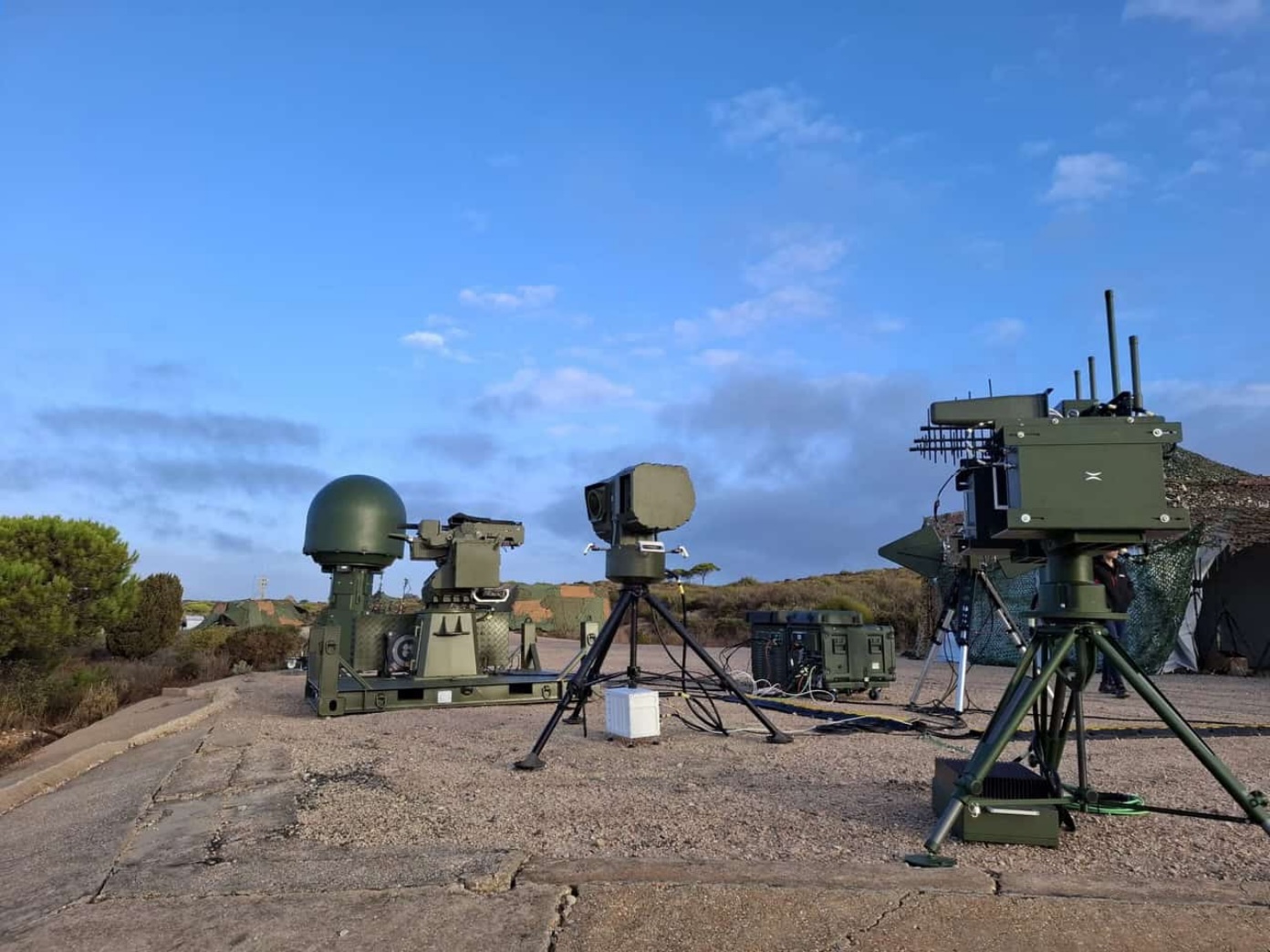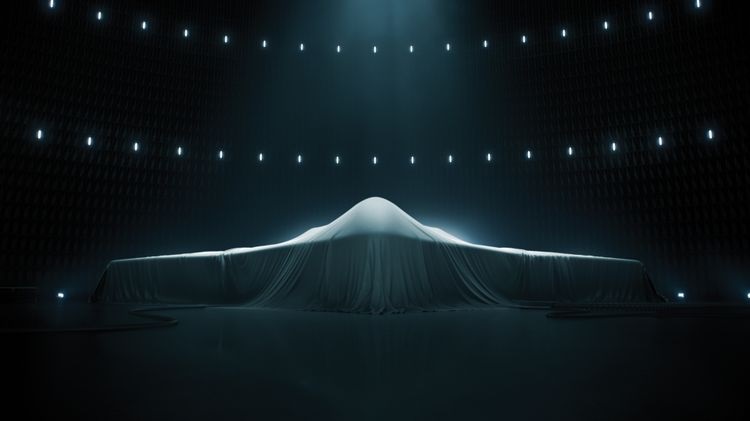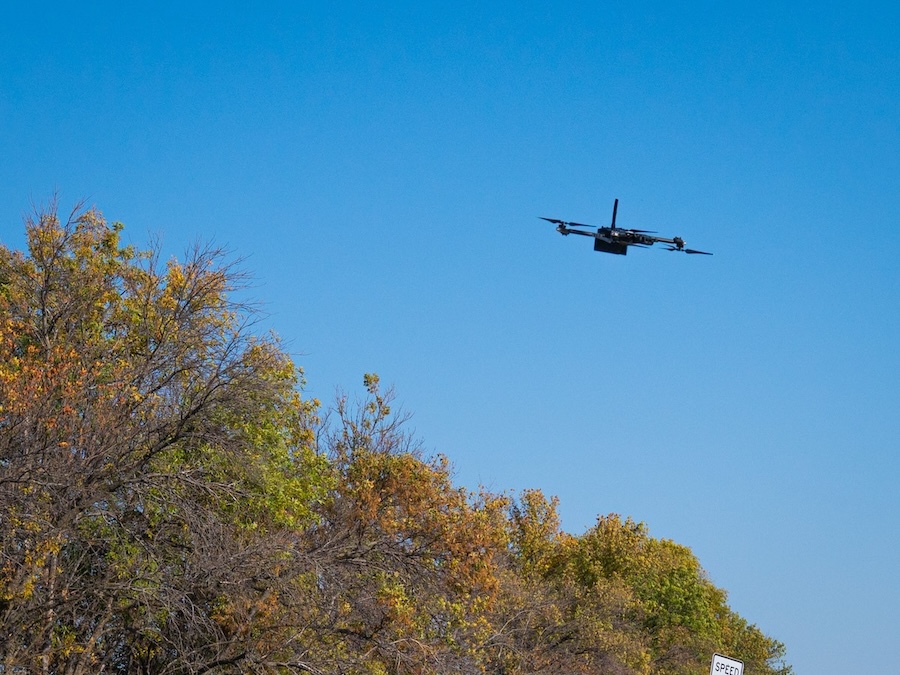The delayed shipment includes dozens of Patriot interceptors, thousands of 155 mm Howitzer shells, over 100 Hellfire missiles, more than 250 GMLRS precision-guided systems, and various other air and ground munitions. These supplies were previously approved under the Presidential Drawdown Authority and the Ukraine Security Assistance Initiative.
“This decision was made to put America’s interests first following a DOD review of our nation’s military support and assistance to other countries across the globe,” said White House spokeswoman Anna Kelly. She added, “The strength of the United States Armed Forces remains unquestioned — just ask Iran.”
The suspension comes after Defence Secretary Pete Hegseth ordered a broader review into U.S. weapons stockpiles, which have been strained by continued military support to Ukraine, operations in the Middle East, and commitments to allies such as Israel. Four officials confirmed that the assessment could lead to further delays depending on global demand for the weapons.
President Donald Trump, speaking after a NATO meeting in The Hague, acknowledged the challenge of sourcing Patriot missiles. “They do want to have the anti-missile missiles,” he said. “As they call them the Patriots, and we’re going to see if we can make some available.”
Ukraine has intensified its requests for Western air defences as Russian aerial attacks escalate. Over the weekend, the Ukrainian Defence Ministry reported the largest aerial assault since the start of the full-scale invasion in 2022, with Russia launching 60 missiles and 477 drones.
An official familiar with the matter noted concerns about the timing of the pause, despite it being typical for new administrations to review weapons transfers. “Ukraine needs to appear strong to get Russia to the negotiating table,” the official said.
During a visit to Washington on 5 June, Andriy Yermak, chief adviser to President Volodymyr Zelenskyy, reiterated Ukraine’s need for additional air defence systems to protect civilian areas. He stated the country was holding back Russian forces but remained vulnerable to ongoing aerial attacks.
Some of the affected weapon shipments are already in the region but have been withheld prior to final delivery, according to defence sources. Last month, Admiral James Kilby told Congress that while the Navy currently has adequate stocks of SM-3 missiles, some weapons have been consumed “at an alarming rate.”


